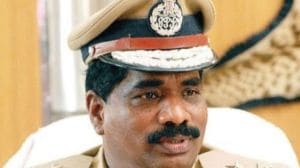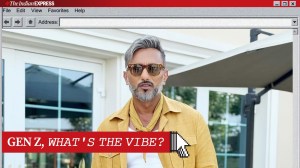Derail this tamasha
Earlier this month Finance Minister Jaswant Singh presented his budget proposals over a couple of days. He did not wait for members of Parli...

Earlier this month Finance Minister Jaswant Singh presented his budget proposals over a couple of days. He did not wait for members of Parliament to convene. His staggered announcements, of course, confirmed the government8217;s intent to advance the General Election. But they also highlighted the anachronistic absurdities of the rituals associated with the budget. Finalising the budget is a complex political and economic exercise, it is a nuanced negotiation between the executive and the legislature. The yearly tradition 8212; of the finance minister arriving at Parliament House, hugging the briefcase bearing the budget proposals close to his chest and thence stirring the benches with proposals, most of which are inevitably rolled back 8212; instead casts the annual budget as just a moment. It gives politicians a chance to grandstand but it also adds a populist sheen to what is already a very delicate balancing act. So when Jaswant Singh availed of the opportunity offered by early elections, it was hoped that this more rationalised budget exercise would be reformist beginning. That it could herald a new approach to presentation of money bills.
Hence, the government8217;s decision to continue with the Rail Budget on Friday dilutes that optimism. Even the exigencies of early elections and telescoped sessions of Parliament have not deprived the rail minister of his grandest hour of the year, which once again proved to be simply a tour through the expected. He refrained from hiking passenger fares, he made obligatory mention of upgradation and safety innovations, he announced 17 spanking new express trains. Certainly, all of this is of critical import to the millions of passengers who hop on to trains every day and to farmers and industry who rely on trains to move their produce. Yet, it raises a question. Do we need a rail budget at all? The state of the railway infrastructure and its fare structure are key determinants of the state of the economy. In the reform of the railway sector lies the key to widening economic possibilities. And reform lies in corporatisation and rationalisation 8212; not in persisting with colonial notions of designating the railways as a politically useful tool of patronage in the government8217;s control.
This could be a watershed General Election in our history. It is being fought on issues of development. NDA spokespersons speak of going back to the people on a feel-good, reformist agenda. Would it be too much to ask then that they add muscle to the promise, to promising beginnings even made by the finance minister, and offer to scrap these budget rituals?
- 01
- 02
- 03
- 04
- 05































